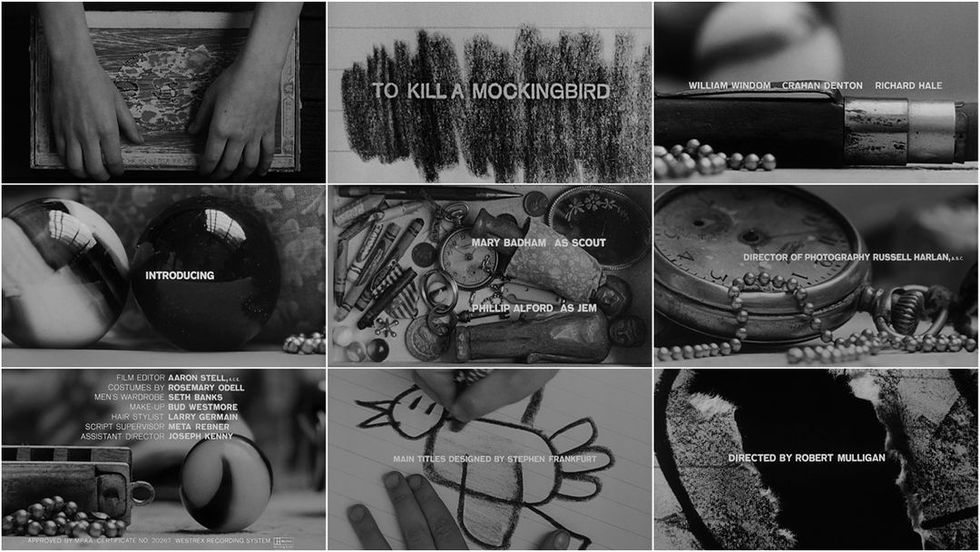I was talking with one of my English professors last week when I found about the events that had happened recently in Biloxi, Mississippi. I was shocked to hear that a vote had been passed and the repeatedly banned and controversial novel "To Kill A Mockingbird" by Harper Lee had again been banned from their school curriculum.
You may not have thought about this, or perhaps you heard a whisper of it and didn't pay too much mind to it, but the re-emergence of the "To Kill A Mockingbird" controversy is of utmost importance in our current society. This story of a white lawyer standing in defense of a black man during high racial segregation, with the sentence against him being a false rape charge by a white woman, lays out a multitude of racial injustices and prejudices that continue to resurface as problems to this day. The audacity of the attempts to re-ban this classic novel is clear, as US Today, NY Times, and Washington Post all published articles about this recent incident.
The argument for removing "To Kill A Mockingbird" from the school districts shelves in Biloxi was that: "There is some language in the book that makes people uncomfortable" and that they "can teach the same lesson with other books." And while the latter is true, you can teach history without using Harper Lee's novel, that wasn't really the point of her story. She wasn't just trying to teach history from a safe space and distance; she instead gave life to the reality and terribleness of racial history. She laid out the truth with no barriers.
I understand how the themes of rape, murder, and fowl, derogatory language are not things that are exposed to children or even teens if it can be helped. However, this rough language and depiction of life outside of one's own familiar neighborhood depicts a realness that is necessary for people to experience. It is necessary to experience the full extent in order to understand the full effects such acts have on humanity and why racial injustice is still a recurrent problem in society. It should make you uncomfortable because it's not something good. That's the whole point.
The book has been banned multiple times according to the American Library Association, and unfortunately, this will probably continue to be a recurrent issue amongst school boards and teachers alike. However, even with the other arguments against this novel, such as the concerning image this might be setting up with Atticus Finch, a leading white male, still as the hero figure, I think it is an important read for people today. There is a reason it keeps being unbanned, and I believe it is because even with it's controversial topics and flaws, there is a truth in it that is undeniable and needs to be heard.















